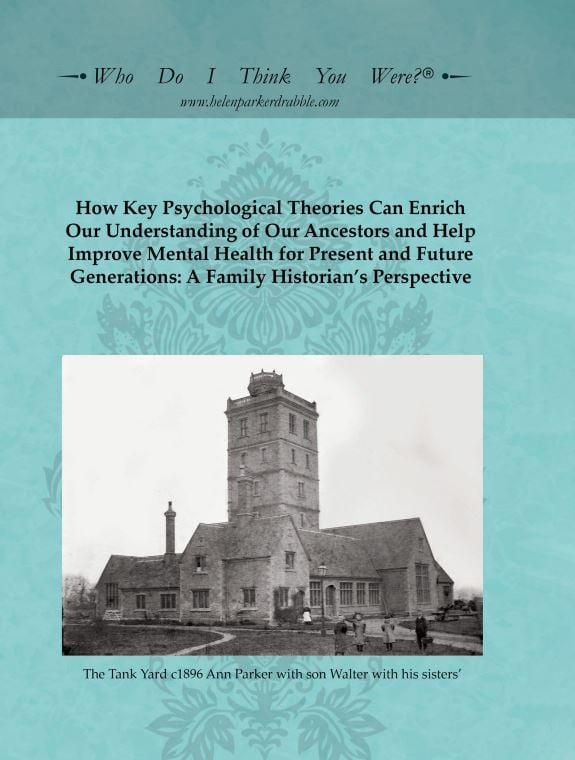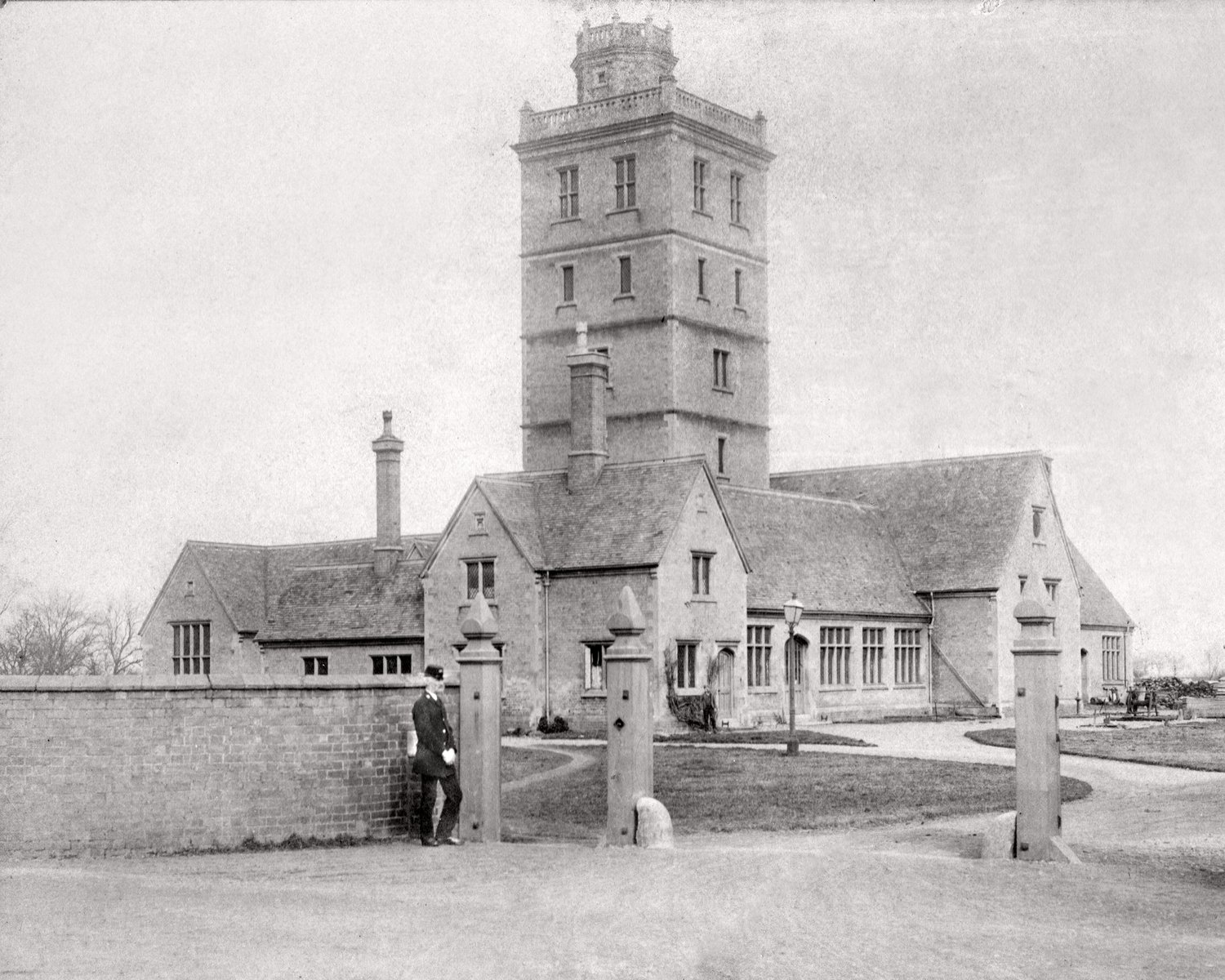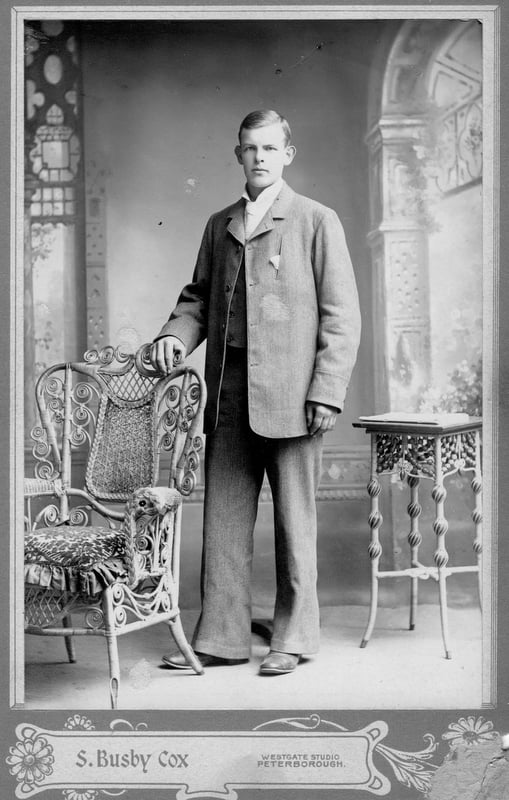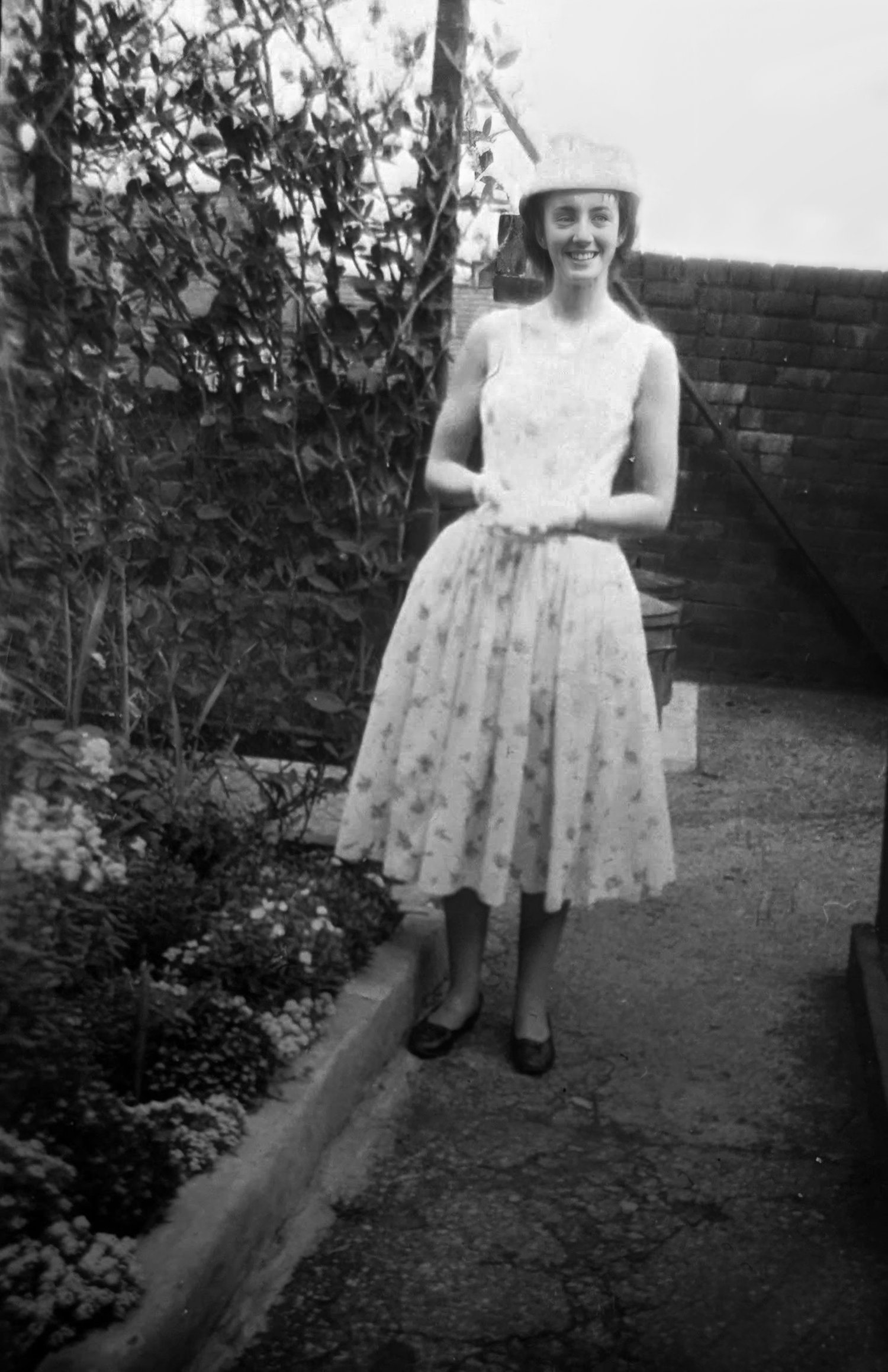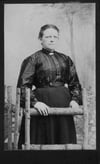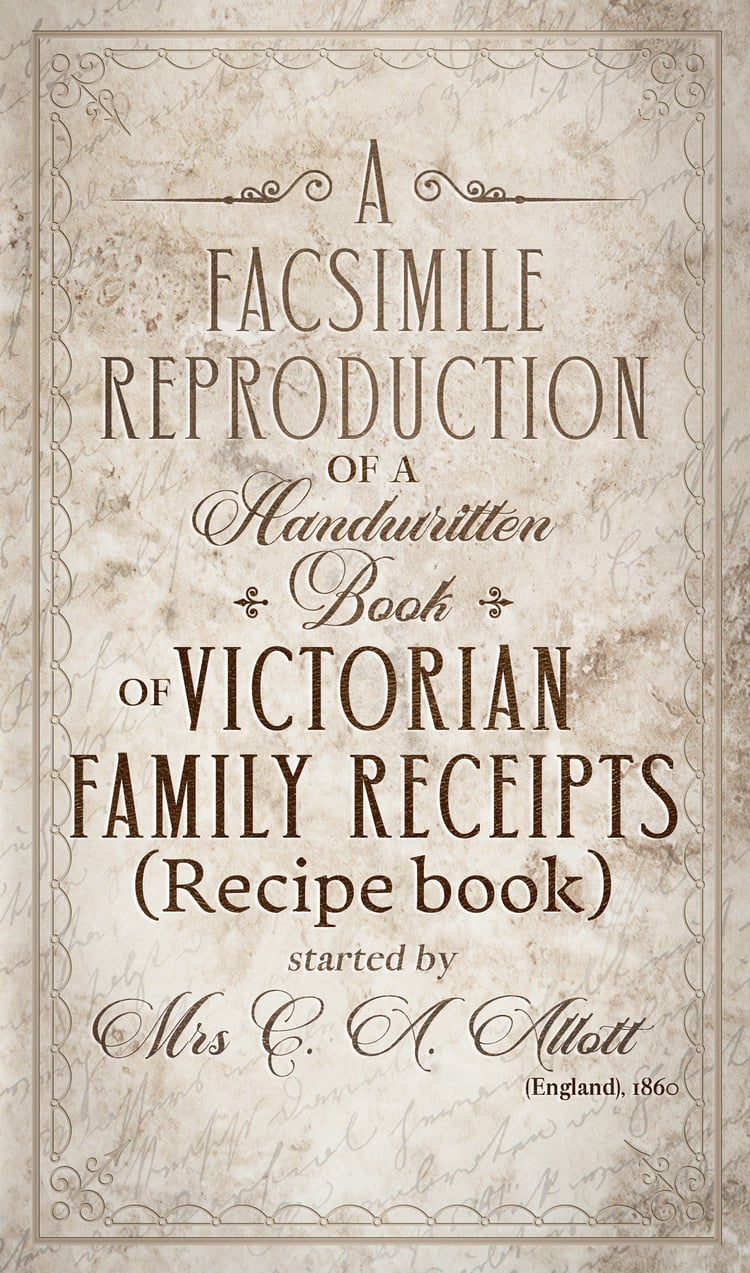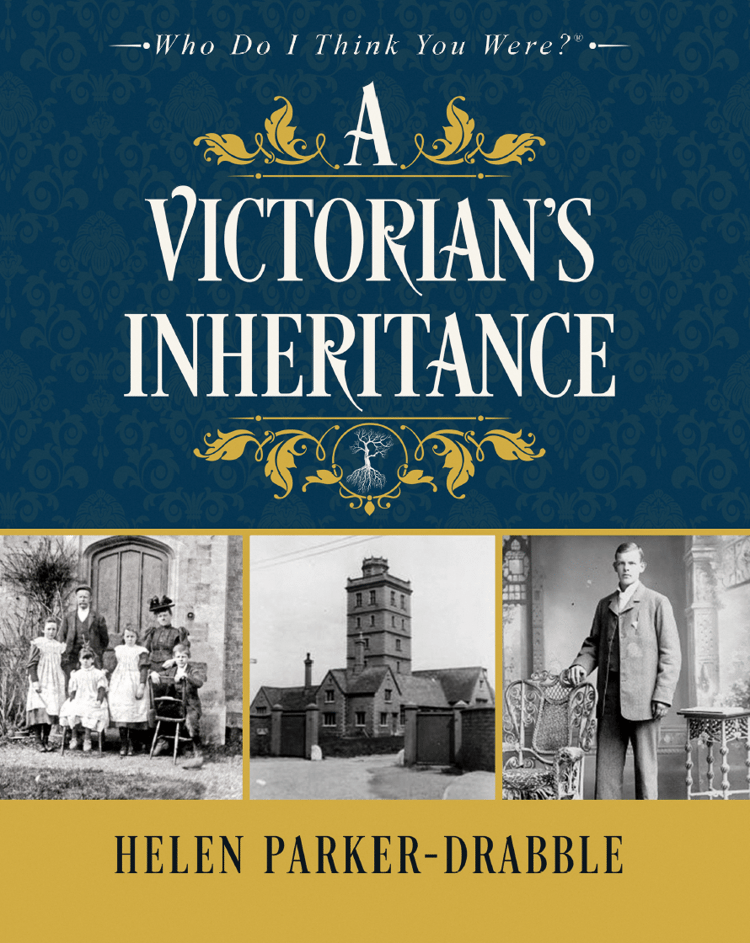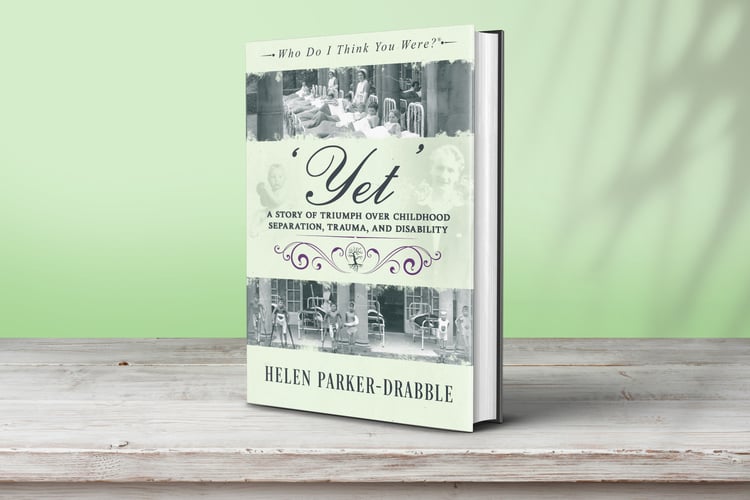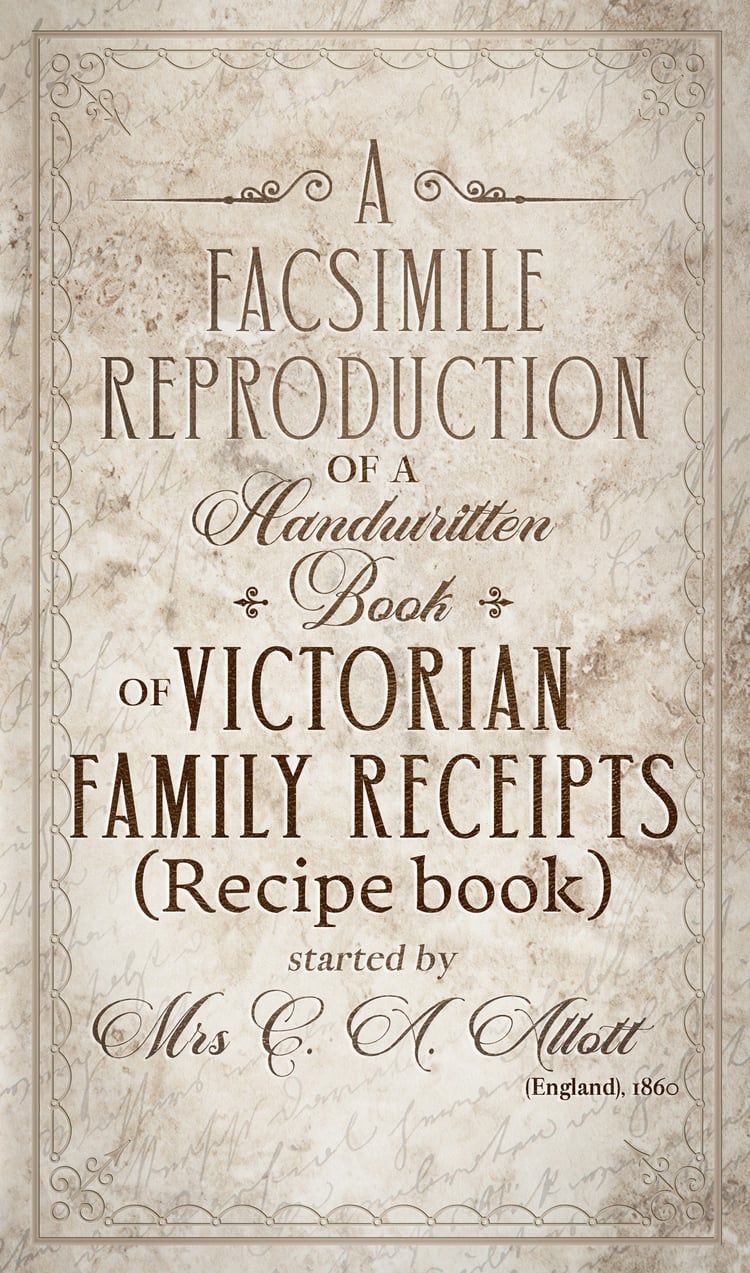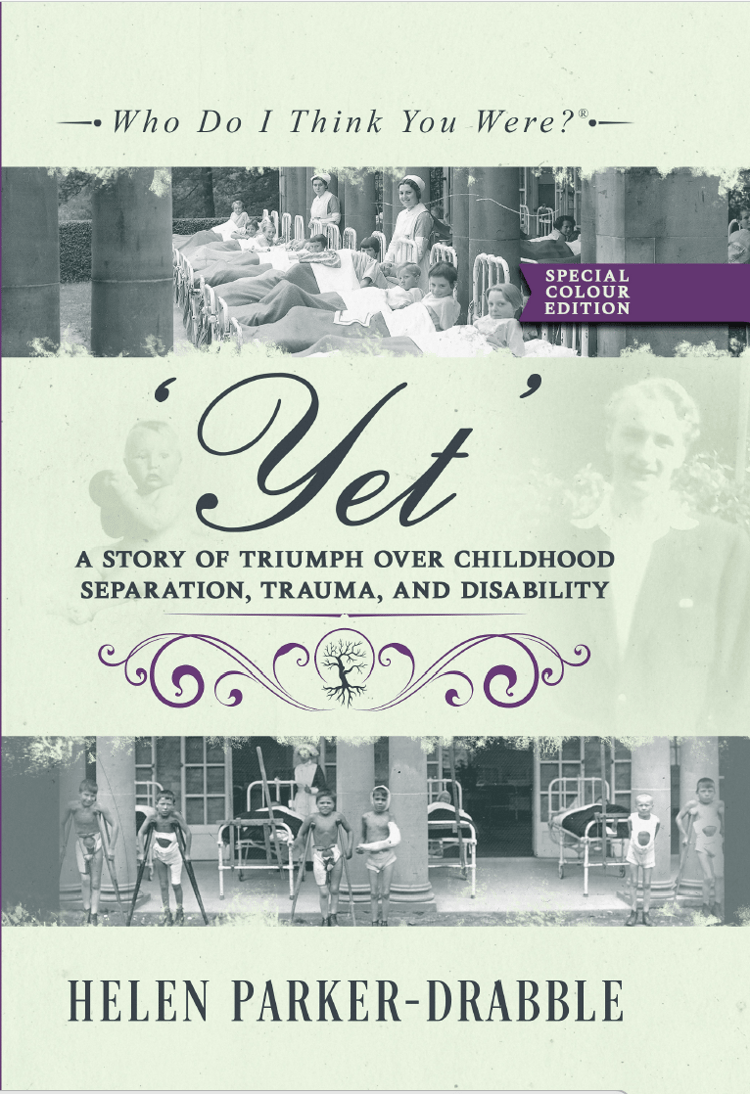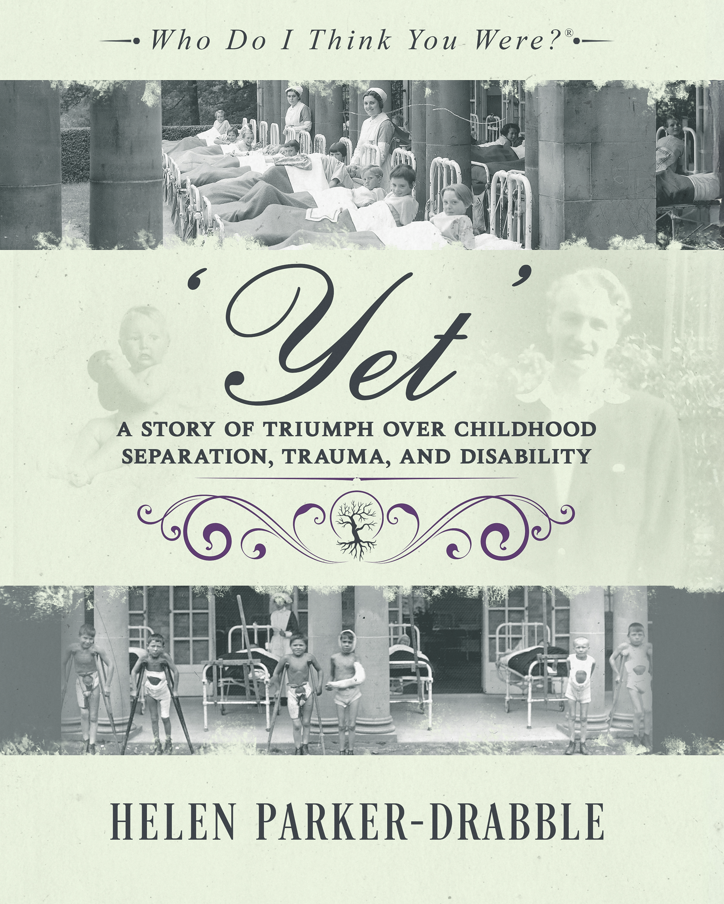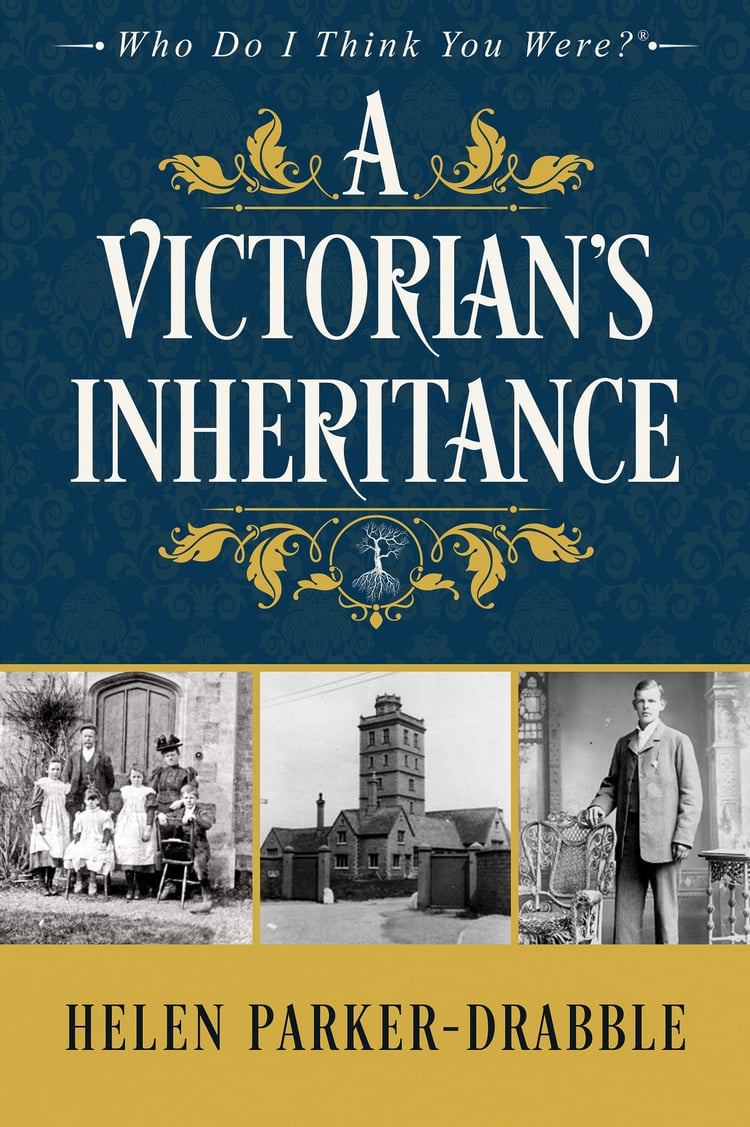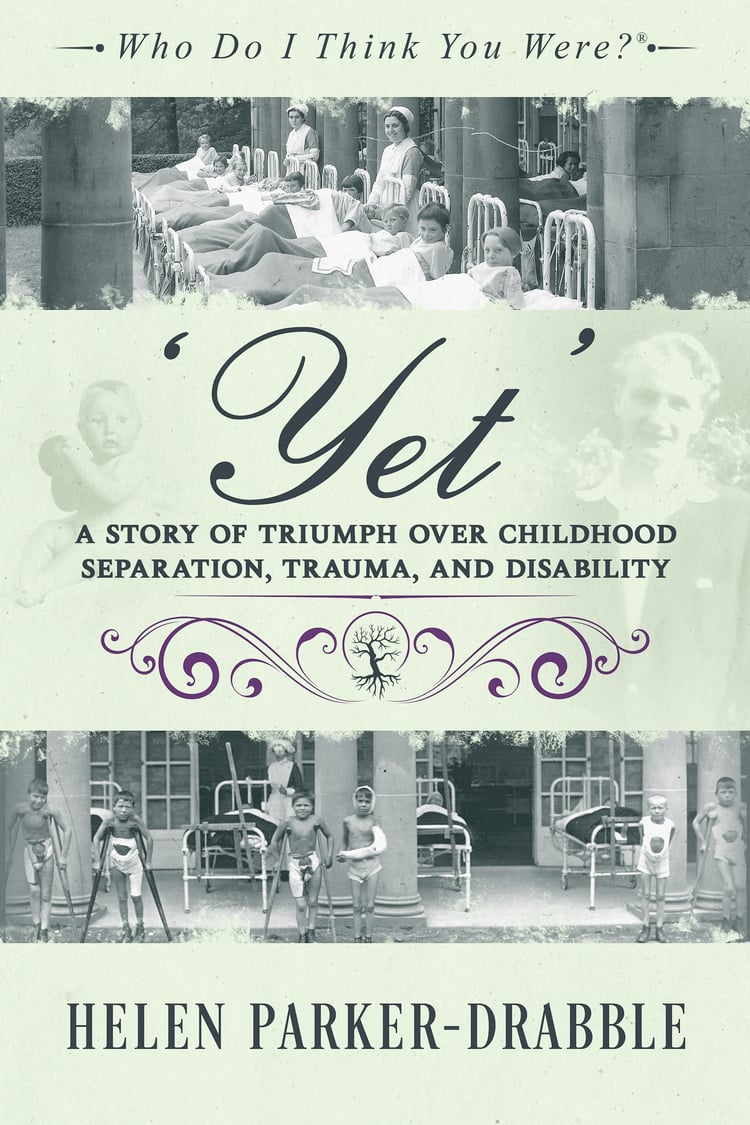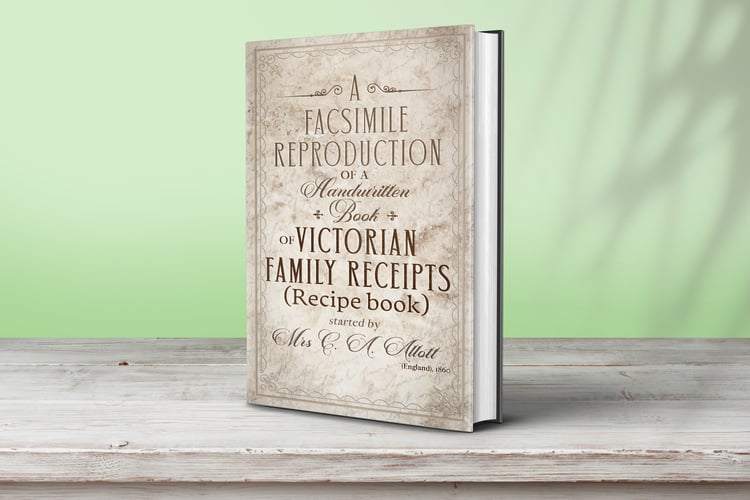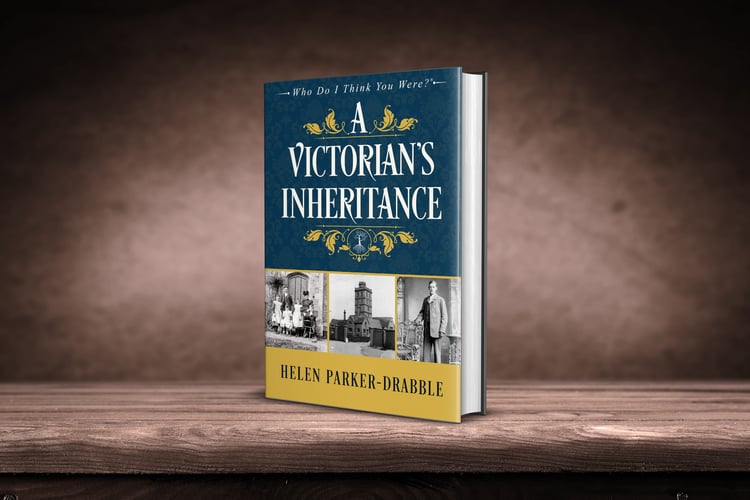How Key Psychological Theories Can Enrich Our Understanding of Our Ancestors (Paperback)
📧 NEWSLETTER SUBSCRIBERS: Use code NEWS10 for 10% off
Printed version of an article that first appeared in Genealogy's Special Issue Focus on' Family Historians: How Ancestor Research Affects Self-Understanding and Well-Being'. The article is freely available here
(Genealogy 2022, 6(1), 4; https://doi.org/10.3390/genealogy6010004.)
This scholarly and deeply personal peer-reviewed article by Helen Parker-Drabble, published in Genealogy (MDPI, 2021), explores how understanding psychological theories can enrich the practice of family history. Drawing on attachment theory and research into adverse childhood experiences, Parker-Drabble traces three generations of her own Parker family—from 19th-century Huntingdonshire and Norfolk, through the Canadian Prairies, to wartime Sheffield—to reveal how trauma, loss, and resilience can echo across generations. Combining genealogical research with psychological insight, she illustrates how examining our ancestors’ emotional legacies can not only deepen historical empathy but also foster greater mental wellbeing for present and future generations.
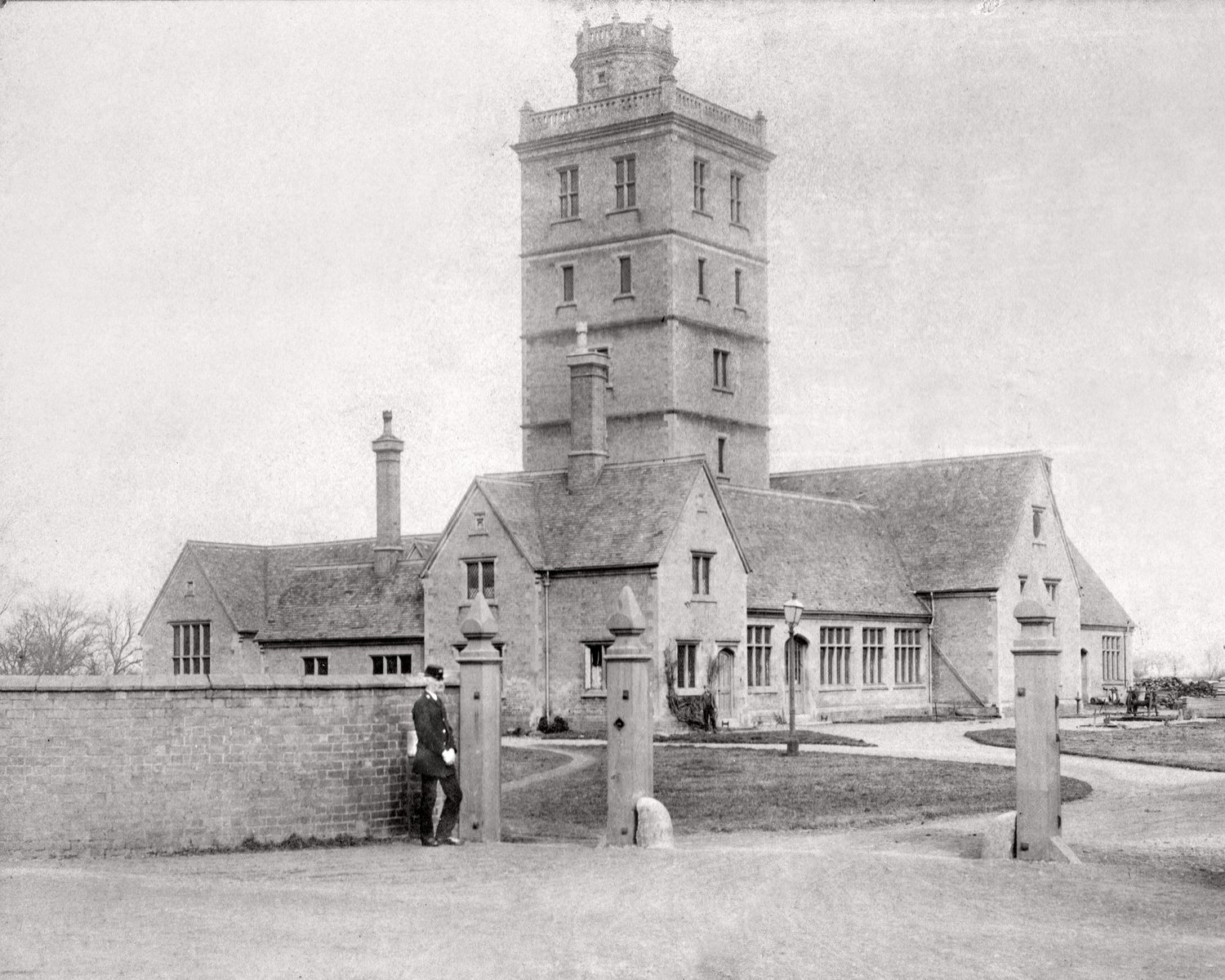
The Tank Yard in the Duke of Bedford's village of Thorney, Cambridgeshire, England, 1896.
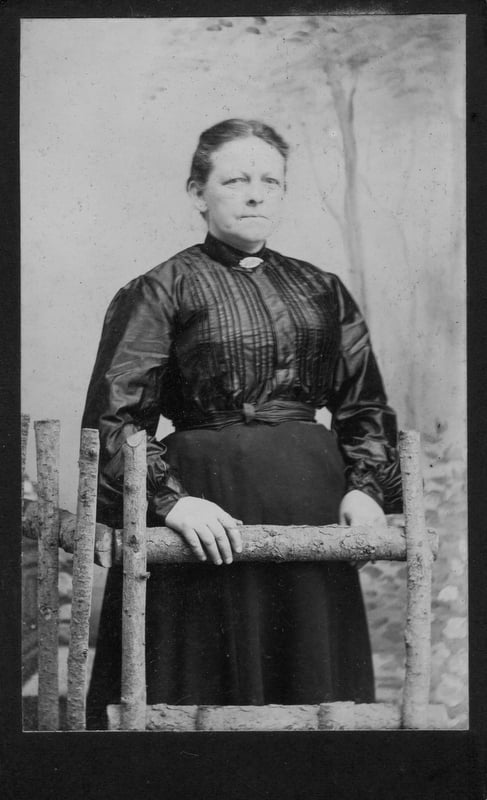
Walter Parker's alcoholic mother, Ann Parker née Bates (1856-1937), c1907,
suffered from lifelong anxiety and depression.
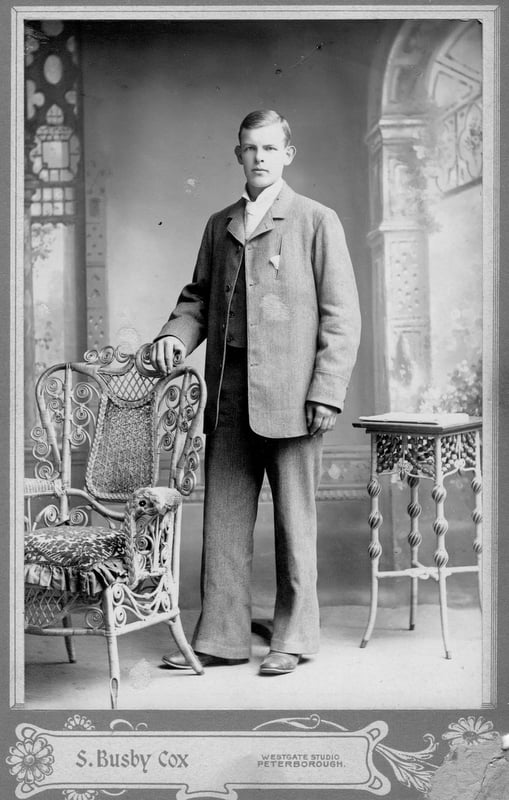
Walter Parker, aged 21, 1906.
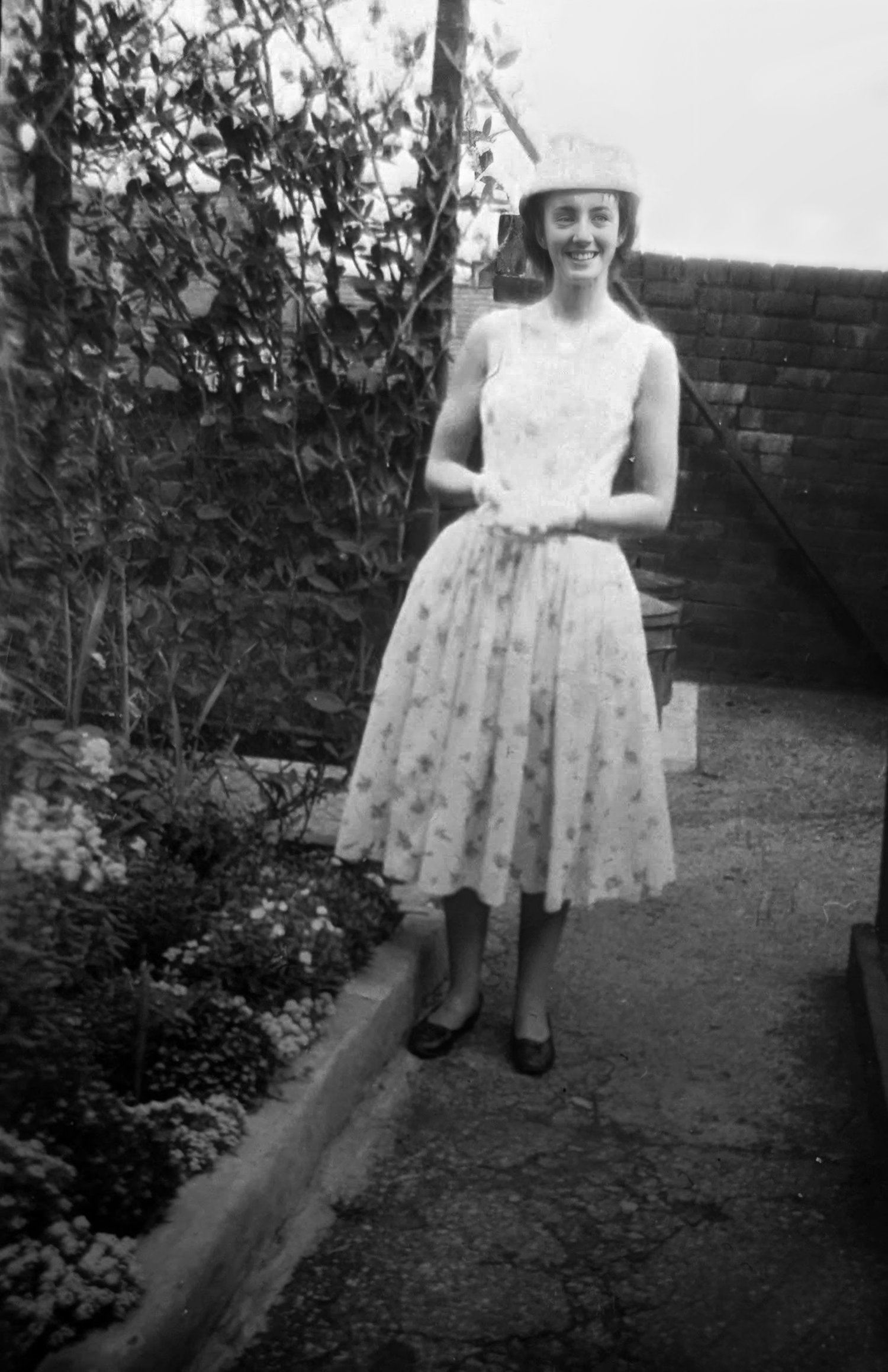
Walter's daughter, Doreen Parker, aged about 18, suffered from lifelong depression.


